Climate change is affecting wildfires in two main ways. Wildfire risk depends on a number of factors including temperature soil moisture and the presence of trees shrubs and other potential fuel.
 Ten Ways Climate Change Can Make Wildfires Worse
Ten Ways Climate Change Can Make Wildfires Worse
Climate change then adds to that the way fire expands depends on how warm or dry an area is and those factors seem to be affected by climate change.
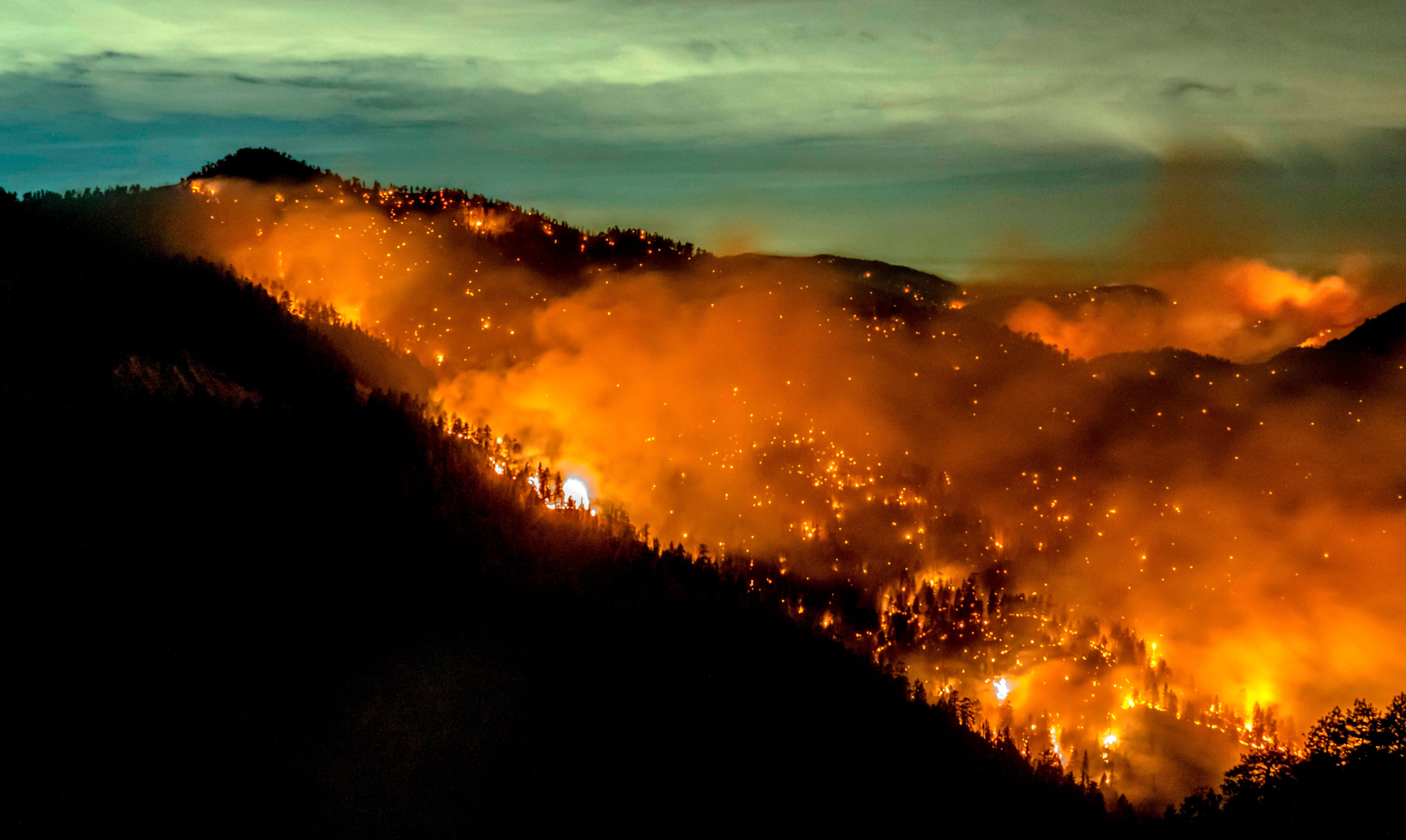
Does climate change cause wildfires. Many of this years fires began when Californias Bay Area experienced more than 12000. Climate change has increased the length of the fire season the size of the area burned and the number of wildfires That means when wildfires break out they expand faster and burn more area as. Severe heat and drought fuel wildfires conditions scientists have linked to climate change.
The hotter weather increases the incidence of lightning the major cause of naturally occurring biomass burning. In turn wildfires are aggravating climate change by killing trees that could absorb carbon in the atmosphere. The rise in average global temperatures has led to higher spring and summer temperatures and importantly an earlier onset of spring.
This pattern has led to a rapid melting of spring snowpack causing soils to dry out earlier and remain dry longer. The first is an increase in the risk or the likelihood of wildfire. Huge bushfires have been burning in Australia for months.
A firefighter works to contain a bushfire near Taree New South Wales on Sunday. Longer term we will see more fires. The study published in the.
But for fires near that so-called wildland-urban interface as well as more remote forest-centered burns climate change has significantly heightened the baseline risks. Wildfire activity in the United States is changing dangerously particularly in the west as conditions become hotter and drier due to climate change. When wildfires happen in California they have a better chance of growing large and destructive.
Heres how climate change affects wildfires. Its a very eerie experience In Russia the wildfires are believed caused by a warming climate that made the current summer the hottest on record. The second is longer fire seasons and this is.
But the risk of severe wildfires is increasing everywhere. But global warming has changed some of the underlying variables that make wildfires more or less likely to occur every year. Although wildfires occur naturally and play a long-term role in the health of these ecosystems climate change threatens to increase the frequency extent and severity of fires through increased temperatures and drought see the US.
Scientists agree there is a link between climate change and wildfires. Climate change and deforestation increase the global risk. They also cause snow to melt sooner and lead to.
Warmer temperatures increase the likelihood that fires will burn more intensely. Past forest and fire management practices often exacerbate wildfire risk. We will see the fire season extending it will start earlier it will go on later and the fires that we get will be more intense he told CBC.
Climate change contributes to more and bigger wildfires in a variety of ways. The wildfires didnt initially spark because of climate change. The study estimated that human-caused climate change contributed to the burning of an additional 104 million acres of forest from 19842015 nearly double what would have been expected without it.
Not only is the average wildfire season three and a half months longer than it was a few decades back but the number of annual large fires in the West has tripled burning twice as many acres. Climate change has been a key factor in increasing the risk and extent of wildfires in the Western United States. Warmer weather increases the number of.
Climate change isnt the only culprit. And Global Temperature and Drought indicators. And of course wildfires on this scale both release large amounts of carbon dioxide and decrease the number of trees available to absorb it creating something of a dangerous feedback loop.
There is a strong connection between climate change and wildfires. These same fires today are occurring in a world. All these factors have strong direct or indirect ties to climate variability and climate.
Wildfires and bushfires happen irrespective of human-caused climate change and despite human-caused climate change we can avoid the inevitably of the wildfire disaster. But climate change is driving a clear trend.
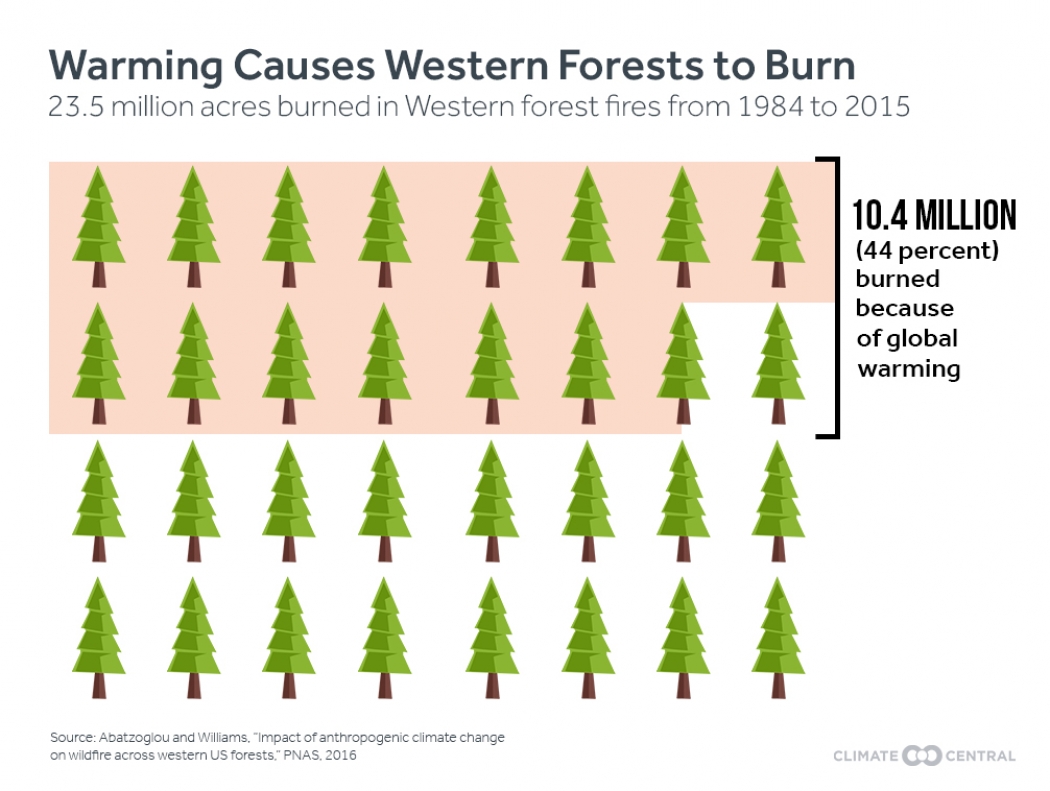 Climate Change Behind Surge In Western Wildfires Climate Central
Climate Change Behind Surge In Western Wildfires Climate Central
Climate Change Is A Burning Global Issue Stories Wwf
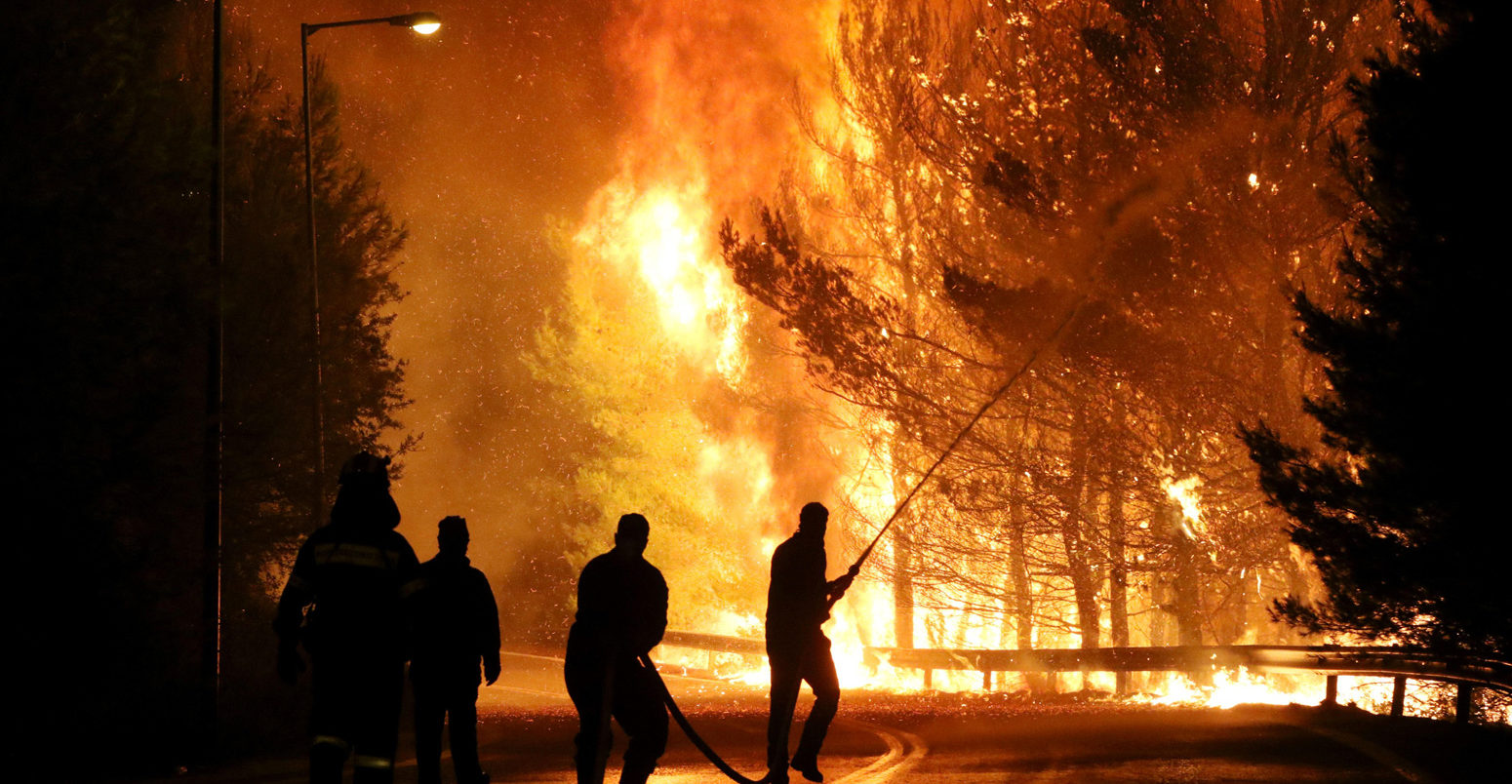 Explainer How Climate Change Is Affecting Wildfires Around The World
Explainer How Climate Change Is Affecting Wildfires Around The World
 The Science Of How Climate Change Impacts Fires In The West
The Science Of How Climate Change Impacts Fires In The West
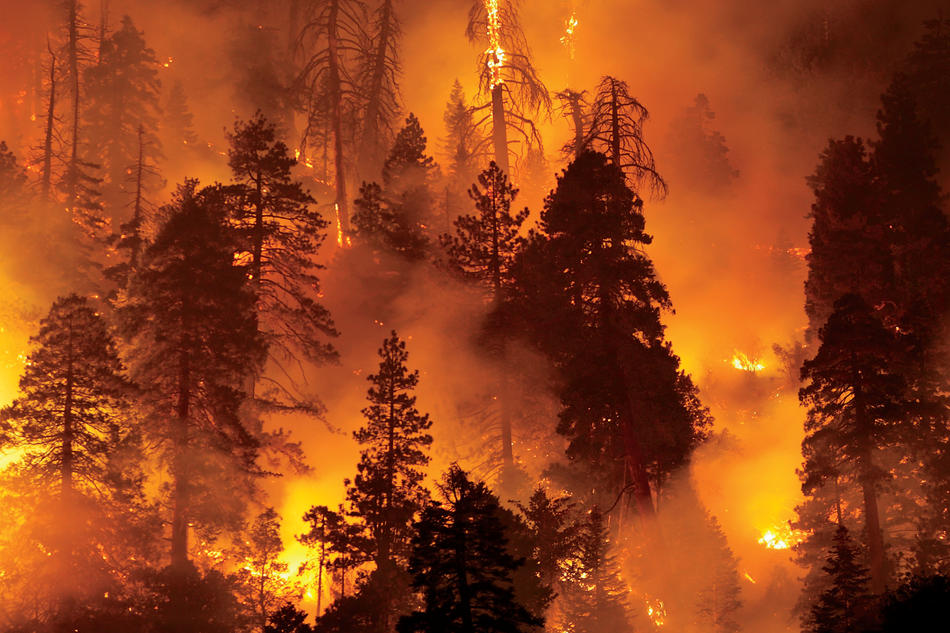 Climate Change Fuels Significant Increase In Us Forest Fires Columbia Magazine
Climate Change Fuels Significant Increase In Us Forest Fires Columbia Magazine
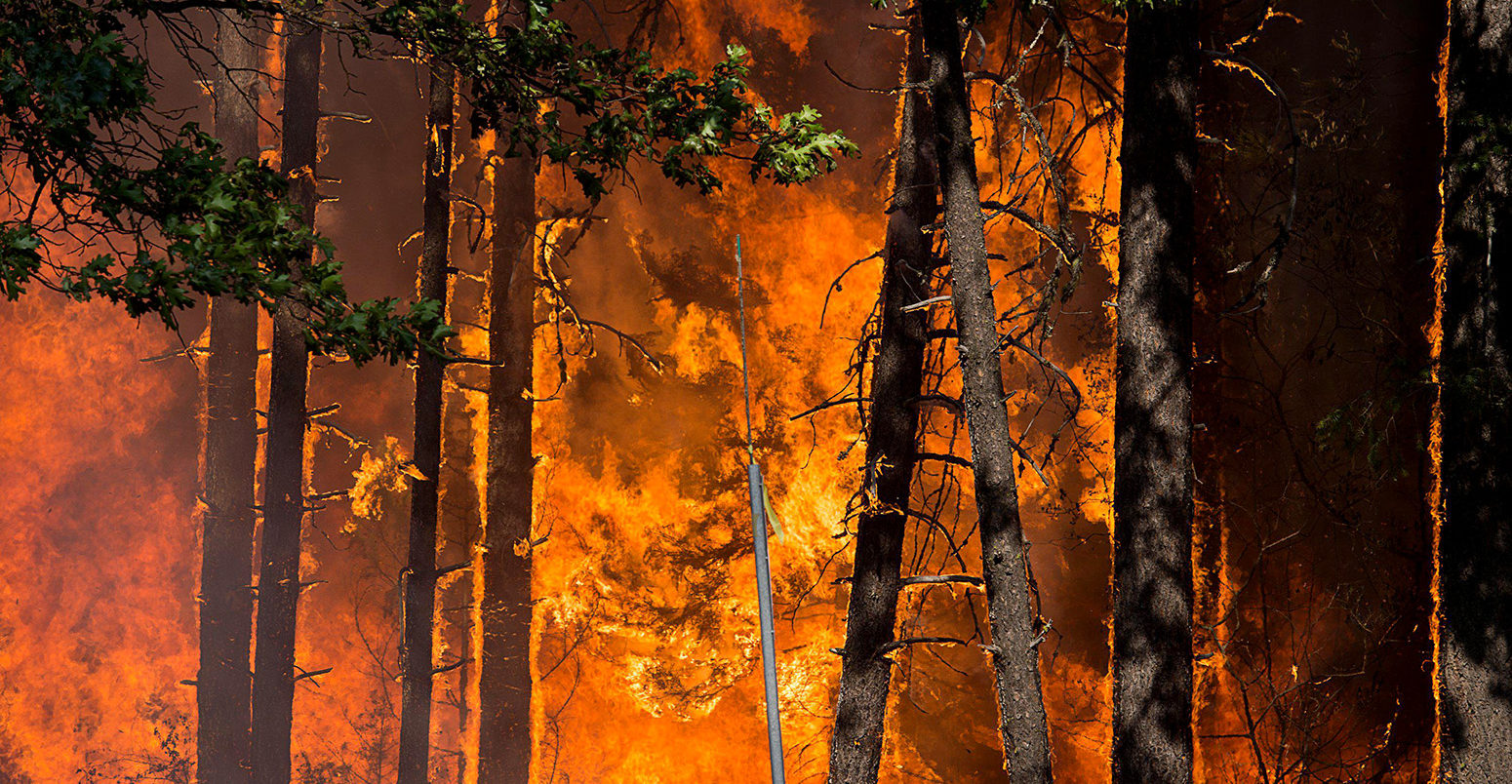 Factcheck How Global Warming Has Increased Us Wildfires Carbon Brief
Factcheck How Global Warming Has Increased Us Wildfires Carbon Brief
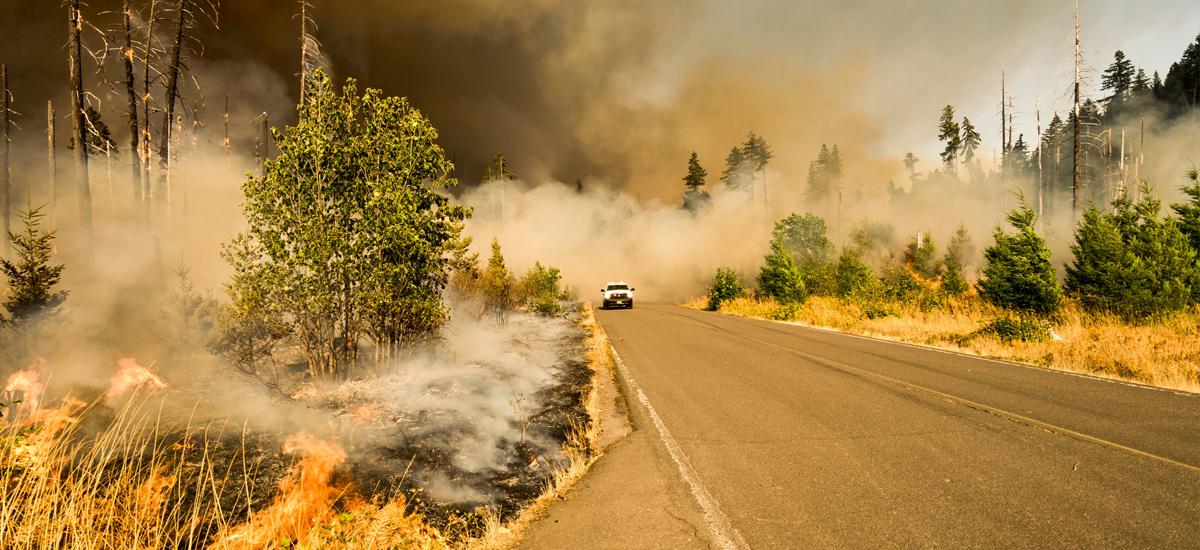 Climate Change And Wildfires Union Of Concerned Scientists
Climate Change And Wildfires Union Of Concerned Scientists
What Do Wildfires Have To Do With Climate Change
 How Climate Change Is Increasing Forest Fires Around The World Environment All Topics From Climate Change To Conservation Dw 19 06 2017
How Climate Change Is Increasing Forest Fires Around The World Environment All Topics From Climate Change To Conservation Dw 19 06 2017
 How Climate Change Is Increasing Forest Fires Around The World Environment All Topics From Climate Change To Conservation Dw 19 06 2017
How Climate Change Is Increasing Forest Fires Around The World Environment All Topics From Climate Change To Conservation Dw 19 06 2017
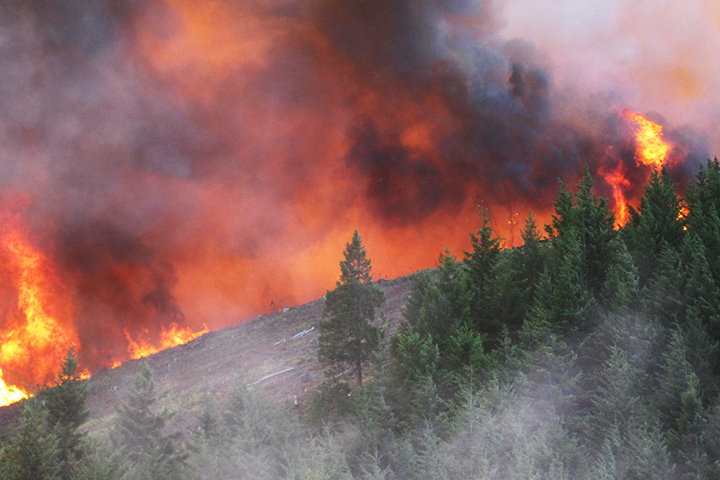 Wildfires And Climate Change Center For Climate And Energy Solutions
Wildfires And Climate Change Center For Climate And Energy Solutions
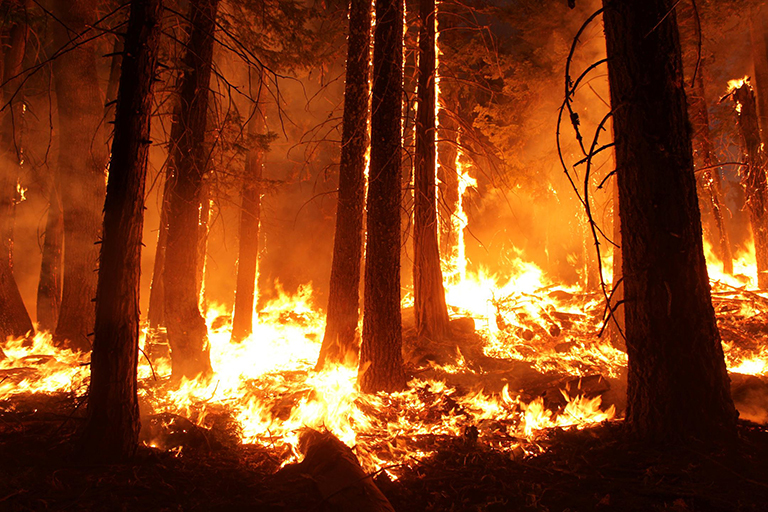 Six Trends To Know About Fire Season In The Western U S Climate Change Vital Signs Of The Planet
Six Trends To Know About Fire Season In The Western U S Climate Change Vital Signs Of The Planet
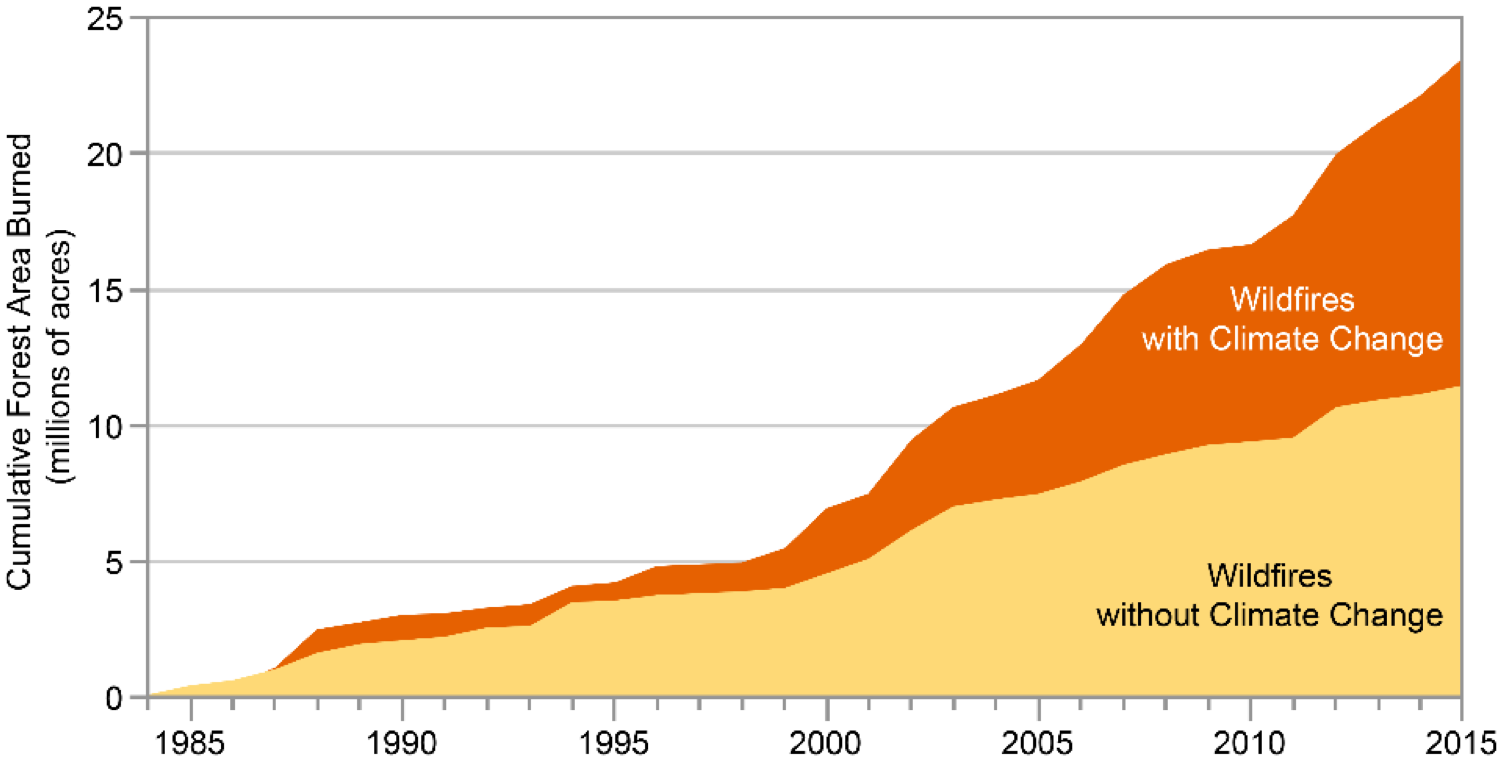 How Human Caused Global Warming Worsens Wildfires
How Human Caused Global Warming Worsens Wildfires
 Climate Change Is Central To California S Wildfires Scientific American
Climate Change Is Central To California S Wildfires Scientific American
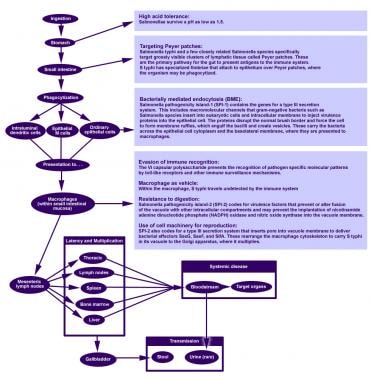
No comments:
Post a Comment
Note: Only a member of this blog may post a comment.